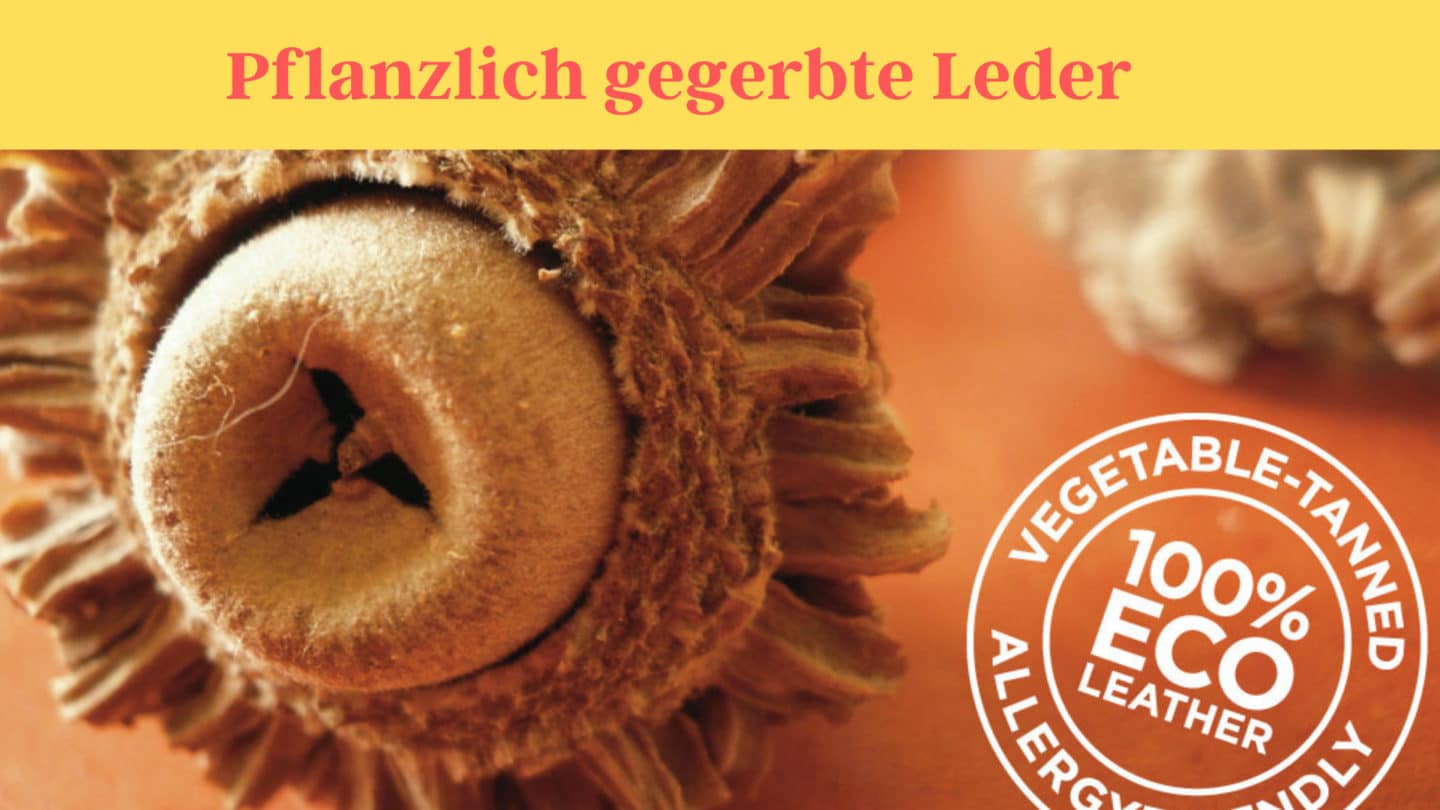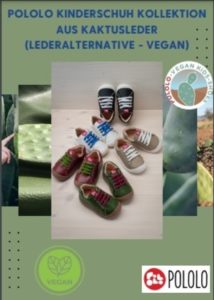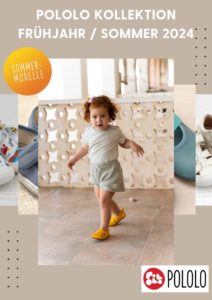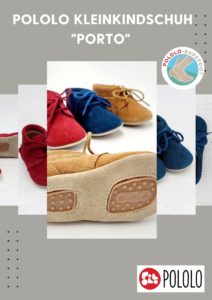
POLOLO only uses chromate-free leather from Germany
On March 26, 2014, the EU published a regulation according to which the long-standing, strict German regulations regarding chromium (VI) in leather goods must also be adopted throughout the European Union. A chromate allergy is seen as an increasing challenge because, according to medical experts, there are already 500.000 people in Germany affected by it - and the trend is rising. Sensitization caused by contact with chromate, ie chromium (VI), in leather shoes remains virulent throughout life. Experts assume that around 20 percent of leather shoes sold in Germany still contain significant amounts of chromate, even though it has long been banned in Germany. Chromium VI residues are odorless; Complex laboratory tests are required to prove it.
Strict German regulations for chrome (VI) in leather goods
According to the currently valid Annex XVII to “REACH” Regulation (EC) No. 1907/2006 Companies in the EU are only allowed to manufacture, import or market leather products that are below the legal limit:
Since May 1, 2015, leather items that come into contact with the skin and have a chromate content of over three milligrams per kilogram are considered no longer trafficable! Retailers whose goods exceed this limit risk reputational and financial damage. Leather POLOLOs are consistently made from purely vegetable-tanned leather and are therefore recognized as allergy-friendly.
How the harmful chromate gets into the leather
To produce leather, the Tanning process Animal skin made more supple and durable. On the one hand, traditional, albeit somewhat more complex and time-consuming processes with vegetable tanning agents can be used for tanning, or mineral or synthetic tanning agents can be used. Conventional processes using the heavy metal chromium are the quickest and cheapest way to achieve this goal. A good 85 to 90 percent of global leather production is done using chrome tanning; Chromium compounds with an oxidation state of +3, so-called chromium (III), are used for this tanning process.
Under inadequate production conditions, the useful chromium (III) can now be used through oxidation harmful, toxic chromate being transformed. Tanners in so-called “low-wage countries” are not only threatened with damage to their health during production, but also those living next to such a factory.
Chromate with potential for damage to workers, residents and customers
In addition, the treatment of old leather goods and waste containing chromate, for example through waste incineration, raises both environmental and legal questions, as this could result in chromium VI dust being released into the environment. Chromate is considered significant allergen and potential carcinogen and endangers those involved in the production, the factory residents and ultimately the users of the contaminated leather products.
The chromate allergy can be as Overreaction of the body's defenses against chromium (VI) - which can lead to damage to the skin in the form of irritation, eczema and, in the worst case, ulcers. Since there is a risk of confusion in the first phase with athlete's foot, for example, this allergy may not be immediately recognized as such. However, if the skin is exposed to it for a long time, chromate can also have a carcinogenic effect.
Solution: vegetable leather tanning
Chrome-tanned leather is always gray after tanning, so it is always necessary to dye such leather – This is not absolutely necessary for vegetable-tanned leather, as you can also leave the color of the tanning plant as it is. For example, rhubarb is yellow and tara is white. Coloring in the traditional tanning process can therefore be done directly with the plant tanning agent, which is harmless to health.
Leather is a good example of this holistic sustainability considerations – from production to disposal. POLOLO does not make any compromises when it comes to customer health and has therefore relied on purely vegetable-tanned leather from Germany since the beginning in order to avoid the risk of chromate-contaminated leather.
POLOLOs are allergy friendly
POLOLO managing director Franziska Kuntze: “At our stand at the 'Allergy & Free From Show' in Berlin in January 2015, it became clear that the topic of allergies is becoming more and more important Parents and their children moved.”
The European Foundation for Allergy Research (ECARF) awarded all leather POLOLOs with the ECARF seal for allergy-friendly products in 2012, thereby certifying that they are particularly skin-friendly because only soft, chrome-free, vegetable-tanned nappa leather is used as the material for their production. True to the motto “Quality of life despite allergies”, the ECARF seal identifies everyday products that demonstrably make life easier and better for allergy sufferers.
POLOLO: Committed to holistic sustainability
POLOLO is committed to holistic sustainability, the highest health, social and ecological requirements is enough - in addition to skin compatibility for users and fairness towards those involved in production, the environment and nature should also be protected through low resource consumption and a reduction in pollutants and waste.
POLOLO is therefore starting up German leather, because its production takes place transparently under tested conditions and transport routes are kept short. Franziska Kuntze: “We warmly invite you to visit us at our exhibition stands and find out about the high quality of our shoes made from allergy-friendly, non-toxic leather.”
Photo: Our vegetable tannins: Valonea oak and tara plant




